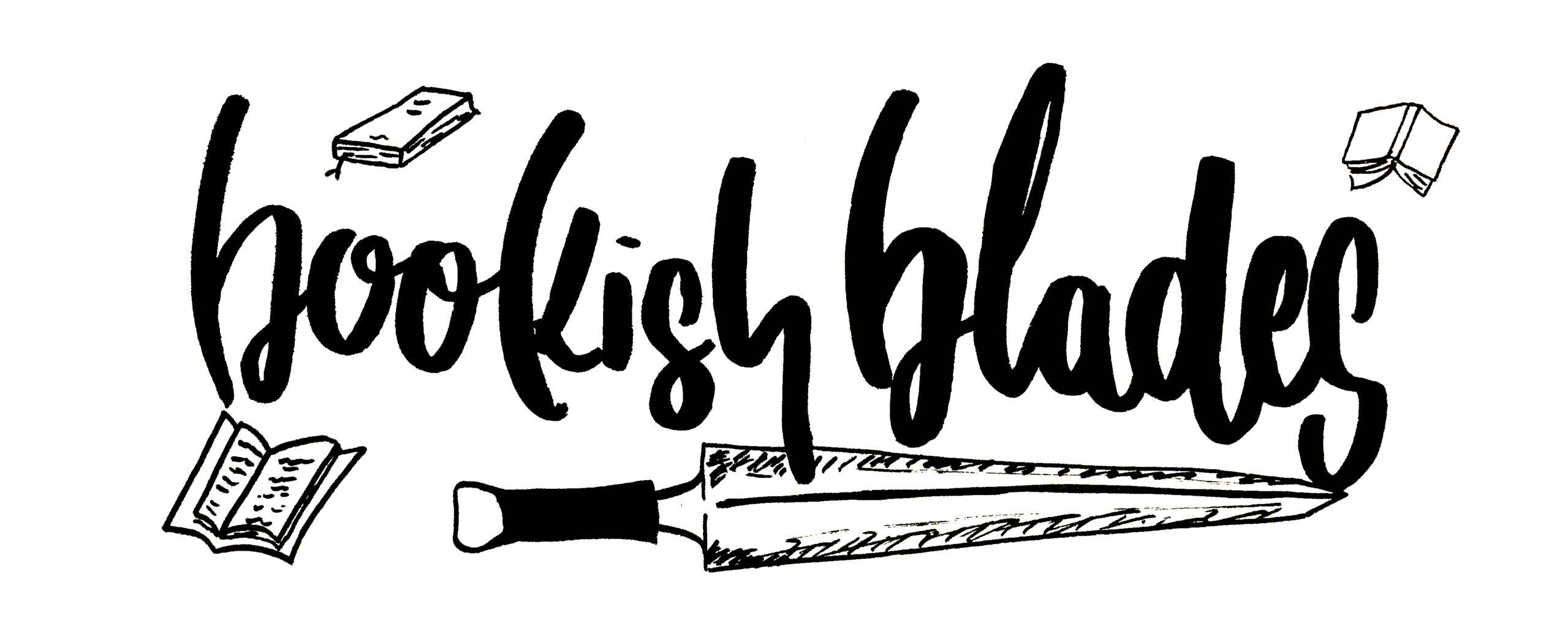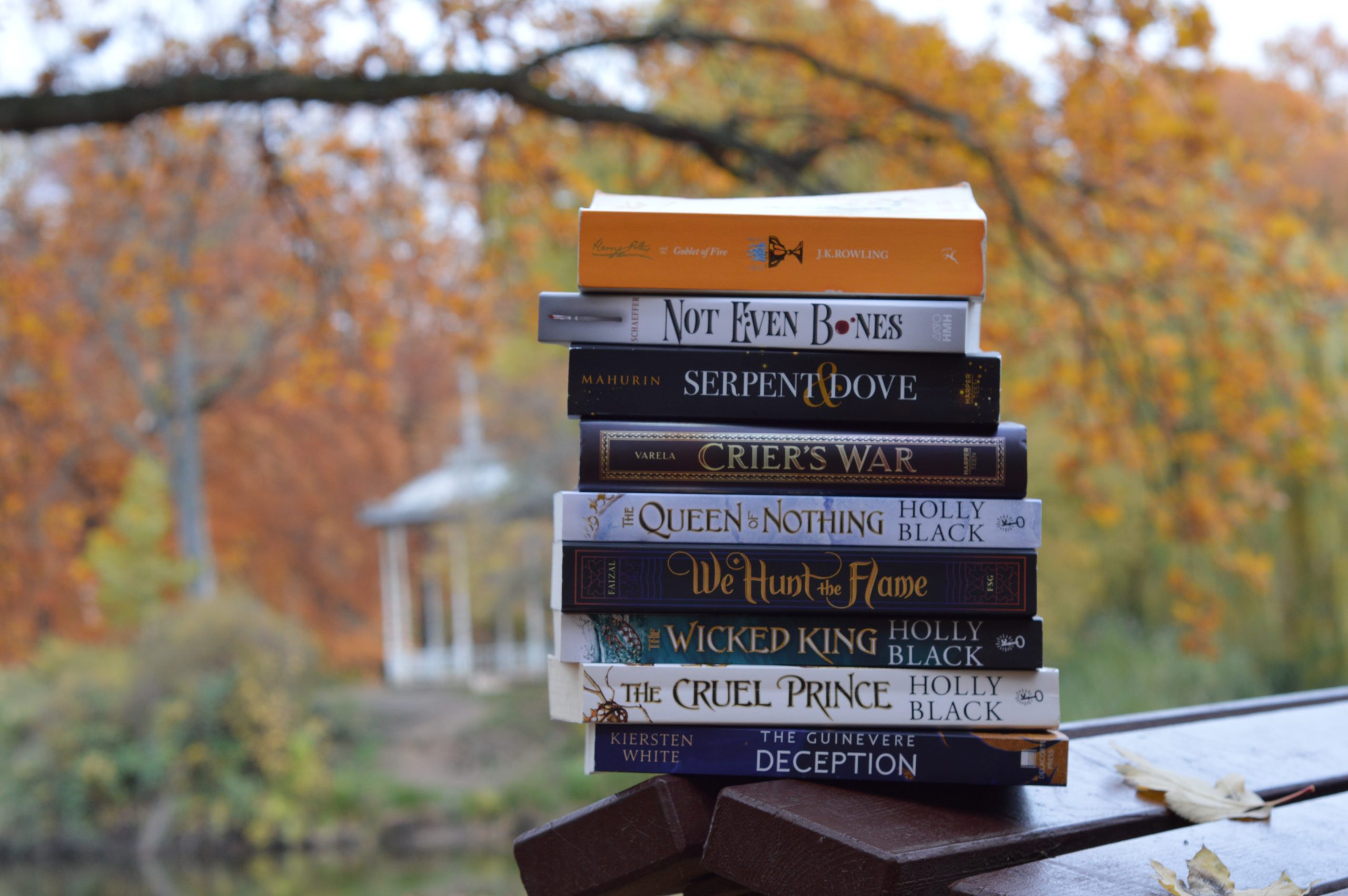Hoohoo, guys.
After a bit of absence, I’m back with a little discussion post. Or to be truthful: me rambling away about something. Because let’s be honest, most of what I’m saying is a lot of rambling and me trying to find words. Anyways, this post shall be about the length of books and book series. Why do I read standalones? Why do I enjoy lengthy series? What makes me continue series and what makes me dnf a book?
I would love to know your opinion on this! What do you prefer? Why?
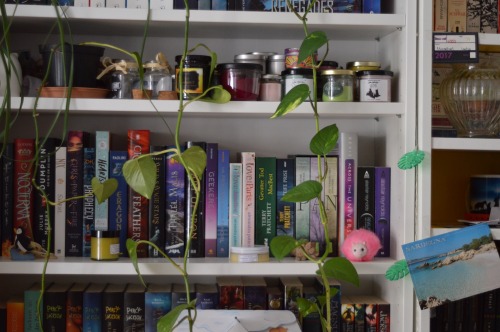
There is one general thing that’s always true for me: As long as the story is amazing, I don’t care about the length of a book. The length just needs to fit the story.
Let’s start with standalones, shall we? I love them, especially for contemporaries. I think standalones are perfect for stories that don’t need a long introduction and tons upon tons of world building and explaining. Which is the case for a lot of contemporaries since they’re set in a world we know. It’s okay to get thrown right into the story. And that is important for me in a standalone. If the beginning is slow, I lose interest easily. Of course, there are also fantasy standalones I enjoyed. The thing is, there aren’t that many in general. I think there are way more contemporary standalones and fantasy series. For a good reason. Great examples for well done standalones are Sorcery of Thorns by Margaret Rogerson (fantasy) or The Places I’ve cried in Public by Holly Bourne (contemporary). Both of them manage to tell the story within one book, they tell the important things but there is a clear focus as to where the story is going and how. There are details, but not too many, the writing is not too full of unnecessary mentions. Of course, there are standalones that are thick, big books. I’m especially looking at The Priory of the Orange Tree by Samantha Shannon here. It was one of my favourite 2019 books and it’s thick enough to work as a series but I loved it as a standalone. It worked so well and tells the stories of many characters and how they get interwoven.
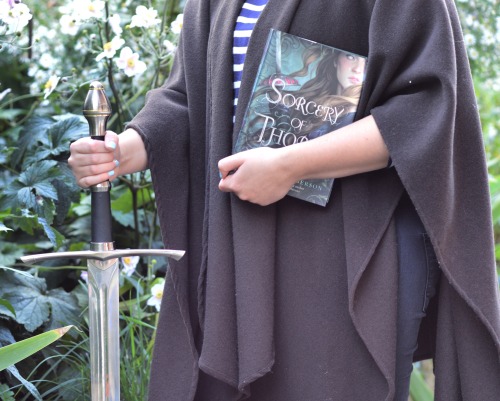
The next step up from standalones are duologies. And they seem to get more and more popular. What I like about them is that they contain stories that often focus on one than more protagonist. There is room for more details from different POVs and thus are able to give more background on the story and the characters. Of course, this is a thing in standalones, too, but sometimes it just seems to work better if there are more pages too fill, more details to tell about. Sometimes standalones may turn into duologies with time, if it feels like, the story is unfinished and there’s more to tell. I like duologies as a reader a lot because you get a great story but you also don’t have to commit to it over years and years of forgetting what happened in the previous books. Good examples are The Hibiscus Daughter duology by Lana Popovic, Strange the Dreamer by Laini Taylor or Monsters of Verity by V.E. Schwab.
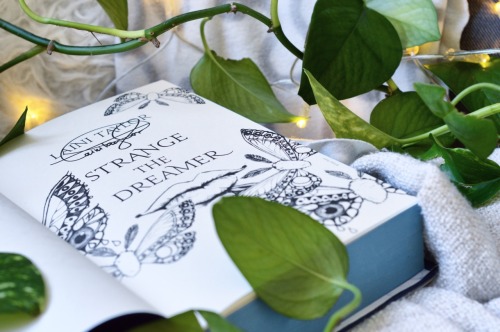
I think, especially when it comes to YA fantasy, trilogies are the most used and beloved form of telling a story. These books often have a bit of time between them, that can range from a few hours to a few weeks. They often focus on a lot of things, not only a certain relationship or war or character development, but all of those things. Sometimes this turns out amazing, sometimes… not so much. I just feel like that for some stories, three books are too much. Or not enough. But I like trilogies a lot because there’s a lot of room for a storie to unfold while you’re not struck dead by a shitton of informations. And in the most cases, you don’t have to wait for 500 years until you get to the end of a story. Favourite examples for trilogies are the Grisha trilogy by Leigh Bardugo, The Folk of the Air by Holly Black or Penryn and the end of Days by Susan Ee.
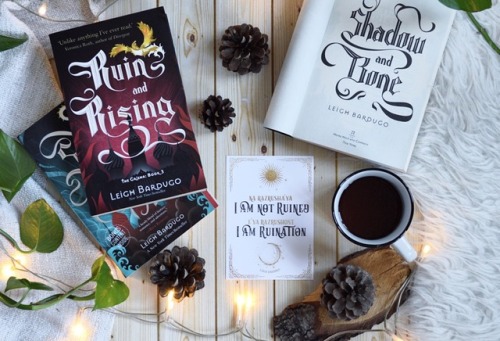
And then there are the series with more than three books. I don’t want to talk about any number in particular now because to be honest, this will get loooooong. There are series with 4 books. And then there are the ones with 20+. Both can work out well. In my experience this works out the best if they either feature a different character(pairing) in each book or follow a set cast of characters over a long period of time. Or both of those things. Let’s take the Aubrey/Maturin series by Patrick O’Brian. It has 20 1/2 books and follows Jack Aubrey and Stephen Maturin over several years of their life. And it works. The side characters may change but the two protagonists stay and develop. Basically, the reader joins them at a certain point in their life and it’s fun to read! A series where the concept of many characters didn’t work out well for me was A Song of Ice and Fire by George R.R. Martin. The biggest problem was that I didn’t like or care about some of the characters. I even skipped chapters because that character’s POV wasn’t interesting to me. It was simply too much happening but in a slow way. It was quite tedious at some points. Less details, more action here, please and thank you. So what I want to say is that huge series may work in some cases, and in others… not so much. They have to be constantly interesting and introduce new characters or give nice information or it will soon turn boring.
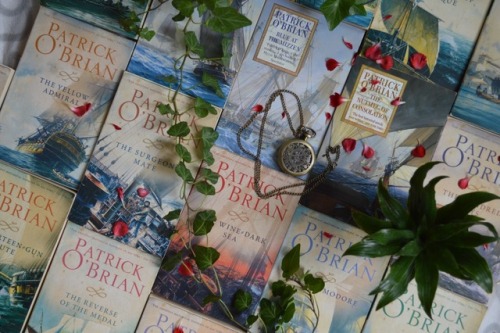
To sum this all up, I probably love trilogies most but I’d read a good standalone any time. All methods of getting a story out into the reading world have their pros and cons and it might be hard to decide what fits a certain story best. Just, what I want to say: Please don’t make it more books just for the sake of writing a whole book. Novellas are great. A companion collection of novellas is great. Use them, I love them.
And that’s it. What do you think?
Until next time,

